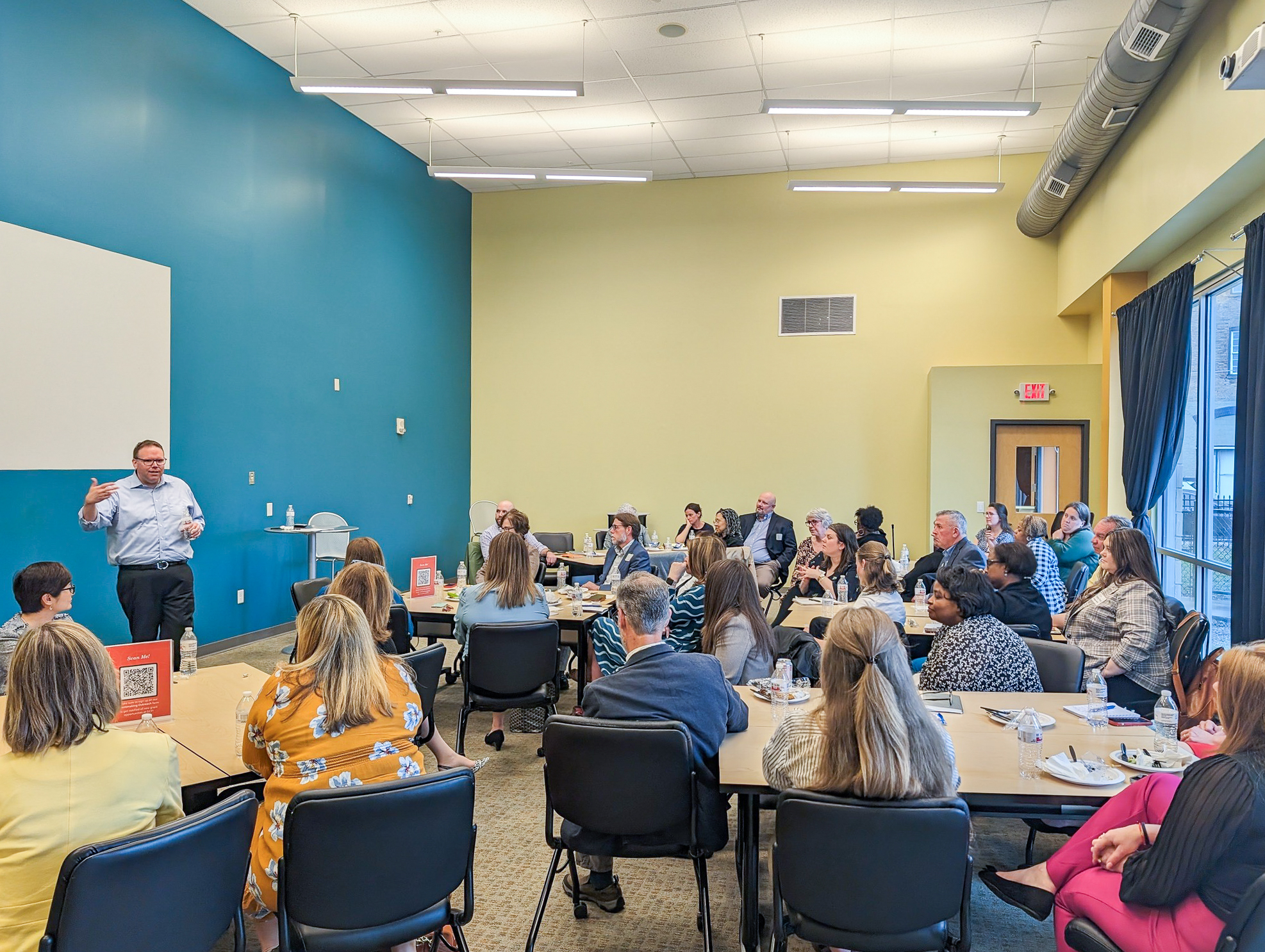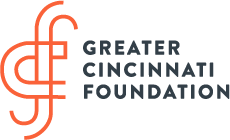GCF Hosts Nonprofit Listening Sessions
Donors can rely on GCF to share current knowledge of critical needs in the community and connect them with trusted nonprofit partners. To achieve this goal, GCF’s President and CEO Matthew Randazzo and Chief Impact Officer Rasheda Cromwell, recently hosted a series of intentional community listening sessions with regional nonprofits and GCF staff.
During each session, attendees shared the community landscape, explored solutions to challenges, and participated in dialogs centered on a common goal – understanding how we better serve residents and create a more vibrant region. Over 165 community leaders representing 122 organizations attended eight sessions. The areas of expertise represented included housing, economic mobility, equity, basic needs, education, arts and culture, capacity building and environment.
Some common themes that emerged from the dialogs include:
- Increased access to unrestricted funding that allows grantees the flexibility to determine where grant dollars are most needed, including staffing, operations, and organizational sustainability.
- Desire for more nonprofits to connect with each other and collaborate with donors, businesses and government.
- Potential for more human stories and narrative shifts to showcase impact and bring more people together to meet the community needs.
- Support beyond the check to include advocacy on a wide variety of community issues that advances their work as the direct service providers.
Below are key takeaways specific to each sector.
Solving affordable housing challenges
- Boosting the amount of preventative funding available can keep families housed.
- Strengthen communication across sectors (not just within the non-profit community) to address affordable housing as a public issue.
- Educate and bridge relationships with civic leaders and elected officials to advance policies that affect residents’ ability to access affordable housing.
Achieving financial stability for individuals and families
- Childcare, transportation, education, living wage and affordable housing are intersectional and must be addressed to achieve financial stability.
- Through creating a network of shared resources, the sector can provide families with a holistic array of services.
Working towards an equitable community
- Creating a balance between trust-based philanthropy and data-driven reporting is possible.
- Building more solutions that address the root causes of inequity will create lasting change.
Meeting the basic needs of those experiencing a moment of crisis
- Data collection and analysis of the region’s changing demographics can help improve forecasting of community services gaps.
- The sector can adopt technology and innovation for prevention services.
Unlocking potential through education
- Investment in evidence-based, proven methods in education brings tangible results.
- Students in our region will be better prepared for the future through the active incorporation of “soft-skills” into curriculum.
Enriching our region through access to arts and culture
- Artists are an asset when driving innovative solutions for our region and welcome participation at decision-making tables.
- Growing our regional economy is incumbent on supporting a vibrant arts and culture sector.
- Arts and culture have the potential to attract future talent to our community.
- Large scale, transformational gifts can move the needle towards organizational sustainability for many in the sector.
Supporting area nonprofits through capacity building
- Small nonprofits have the opportunity to strengthen their knowledge regarding compliance regulations.
- Less labor-intensive compliance paperwork and grant applications benefit nonprofits, especially small organizations.
- Collaboration and integration across and amongst small, grassroots nonprofits will amplify their impact.
Enhancing environmental sustainability
- Greater public awareness, knowledge sharing and collaboration can fuel progress.
- Investing in a green economy presents an opportunity to drive regional economic growth.
The GCF team is incredibly grateful to our generous community and appreciates the insights this series has provided. We look forward to working with all community stakeholders to build a region that is truly greater for all. Please reach out to a member of our team if you’d like to give your time, talent or treasure towards an opportunity inspired by this series at gcfdn.org/our-staff

